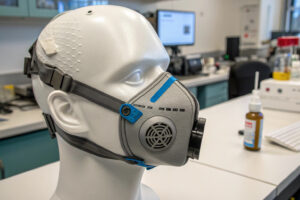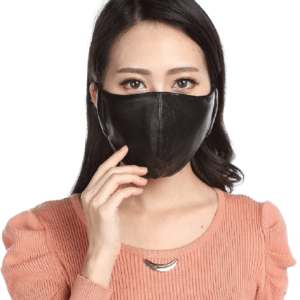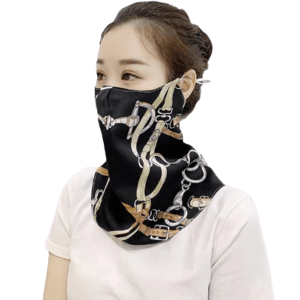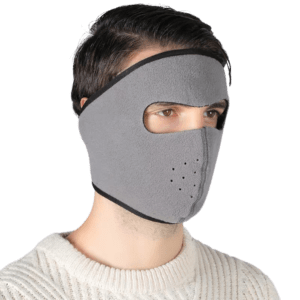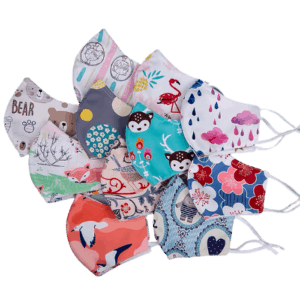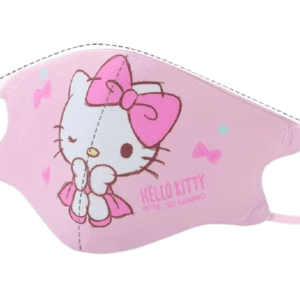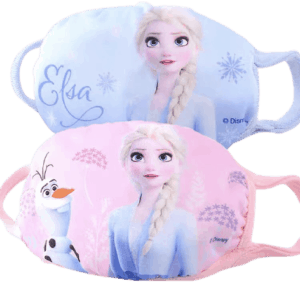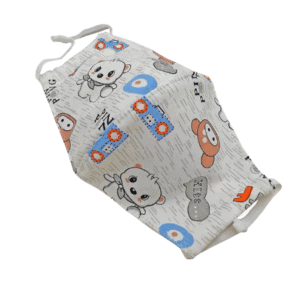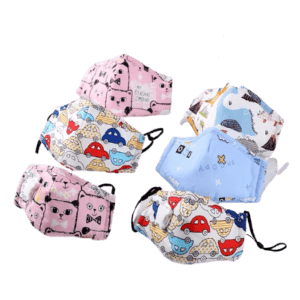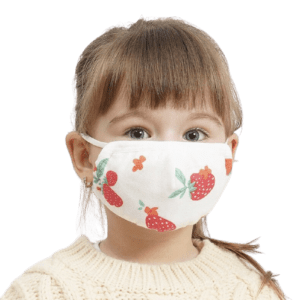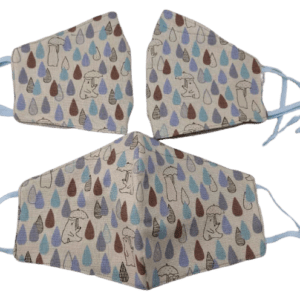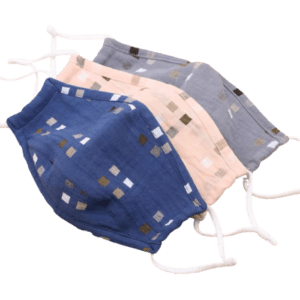Multi-layer fabric masks with filter pockets are rapidly becoming the preferred choice for many European buyers. Their rise is not accidental but the result of improved protection, compliance with health guidelines, sustainability, and comfort-driven design. In this article, we will explore why these masks are trending across the EU, looking at benefits, regulations, environmental factors, and consumer preferences.
Benefits of multi-layer masks with filter pockets
Multi-layer fabric masks with filter pockets offer tangible benefits beyond ordinary cloth coverings. By integrating multiple textile layers with a removable filter insert, these masks provide both flexibility and efficiency. Consumers can replace the inner filter as needed, extending mask life while maintaining high protection standards. This hybrid approach appeals to European customers who prioritize practicality and safety in everyday life.
Another major advantage is adaptability. Buyers can choose different filter types—activated carbon, melt-blown, or PM2.5 inserts—depending on their needs. This customization adds value for both wholesale importers and end consumers. Retailers find these models easier to market since they highlight both protection and reusability in a single product offering.

Enhanced Filtration & Protection
Multi-layer fabric masks with filter pockets significantly increase protection levels. Scientific studies show that additional layers paired with a removable filter enhance barrier efficiency against particles and aerosols (makermask.org, Europe PMC). For the EU market, where consumers are sensitive to both air quality and pandemic-driven safety, these masks stand out as reliable solutions. Buyers also prefer options that balance breathability with efficiency, ensuring daily usability.
Reusability and Environmental Appeal
Unlike single-use masks, multi-layer cloth masks with filter pockets offer repeated usage and washable convenience. This makes them attractive to environmentally conscious European customers. Research highlights how reusable cloth masks significantly reduce waste and align with eco-driven values (KoreanCosmetic.eu, MakerMask). EU governments and NGOs continuously promote sustainable alternatives, further boosting market demand.
How EU regulations influence mask choices?
European Union buyers are heavily influenced by regulations and quality standards. Even when fabric masks are not categorized as medical devices, wholesalers and retailers demand transparency in production and compliance with consumer protection laws. This trend ensures that products shipped into the EU market gain buyer trust and avoid customs complications. For Chinese suppliers, providing documentation aligned with EU consumer product safety rules is now considered essential.
Additionally, regulations drive innovation. Manufacturers who proactively meet or exceed EU recommendations often secure long-term contracts with established retail chains. Buyers prefer suppliers who demonstrate readiness for evolving regulatory frameworks, giving them confidence in product sustainability and legal compliance across multiple European regions.

CE-marking and Quality Assurance
Although cloth masks are not categorized as strict medical PPE, buyers in the EU still expect compliance with CE standards for consumer safety. Manufacturers offering clear product testing, safety certifications, and transparent labelling attract more attention in wholesale sourcing (ScienceDirect, Wikipedia – Surgical Mask). For business buyers, verified documentation enhances trust in large-scale transactions.
Consumer Awareness of WHO Guidelines
The World Health Organization advises at least three layers for cloth masks: an inner hydrophilic layer, a filter middle layer, and a hydrophobic outer layer (Wikipedia – Cloth Masks). This guideline has strongly influenced EU buyers’ decision-making. Many now actively search for products explicitly built on WHO recommendations, ensuring both protection and compliance in public settings.
Environmental impact of reusable masks in EU
European Union buyers are heavily influenced by regulations and quality standards. Even when fabric masks are not categorized as medical devices, wholesalers and retailers demand transparency in production and compliance with consumer protection laws. This trend ensures that products shipped into the EU market gain buyer trust and avoid customs complications. For Chinese suppliers, providing documentation aligned with EU consumer product safety rules is now considered essential.
Additionally, regulations drive innovation. Manufacturers who proactively meet or exceed EU recommendations often secure long-term contracts with established retail chains. Buyers prefer suppliers who demonstrate readiness for evolving regulatory frameworks, giving them confidence in product sustainability and legal compliance across multiple European regions.

Reducing Disposable Waste
Disposable masks contribute significantly to global plastic waste. Multi-layer fabric masks with filter pockets allow filters to be replaced while the base mask remains reusable. This reduces environmental burden, aligning with EU’s waste reduction directives (MakerMask). European eco-consumers increasingly prefer suppliers who prioritize sustainability in their production chains.
Cost-Effectiveness Over Time
Though initially priced higher than disposables, reusable cloth masks are cost-effective long term. Businesses and institutions benefit by lowering replacement costs while maintaining hygiene standards. Wholesale buyers recognize this value, especially when calculating annual procurement budgets (Europe PMC, MakerMask – Fabric Layering).
Fit & comfort: key EU consumer priorities
Sustainability has become one of the strongest drivers of consumer choice in Europe. Disposable masks are often criticized for contributing to microplastic pollution in rivers and oceans. In contrast, reusable multi-layer fabric masks significantly reduce waste streams, making them a greener alternative. Buyers across the EU, especially in Northern and Western Europe, actively seek eco-conscious suppliers who can align with corporate social responsibility policies.
From a branding perspective, reusable fabric masks give companies and retailers a way to present themselves as part of the green transition. This positioning not only appeals to end consumers but also helps businesses secure incentives or partnerships with government-led sustainability programs. Thus, reusable multi-layer masks with filter pockets are more than products—they are part of a broader ecological narrative.

Improved Fit with Filter Pocket Design
Masks with adjustable filter pockets provide a tighter, more adaptable fit. Features like nose wires and elastic ear loops ensure better sealing, improving both filtration and wearer satisfaction (Europe PMC, MakerMask – Layering). For European consumers, fit is critical for both safety and comfort during extended daily use.
Soft, Breathable & Skin-Friendly Materials
Material selection is a decisive factor. Buyers increasingly demand masks that combine breathability, softness, and skin-friendliness. Fabrics like organic cotton and performance textiles ensure comfort without compromising safety (KoreanCosmetic.eu, MakerMask). These factors explain why EU consumers often prioritize comfort alongside filtration efficiency.
Conclusion
In conclusion, multi-layer fabric masks with filter pockets are thriving in the EU because they combine safety, sustainability, compliance, and comfort. They reduce disposable waste, comply with WHO and EU expectations, and meet consumer demand for reliable and breathable options.
If you are looking for a dependable partner to produce high-quality reusable fabric masks tailored for the EU market, Shanghai Fumao (Global-Caps) is your trusted choice. We invite you to collaborate with us for your next bulk order. Please contact our Business Director Elaine at elaine@fumaoclothing.com to discuss your custom requirements and start building a successful sourcing partnership.







